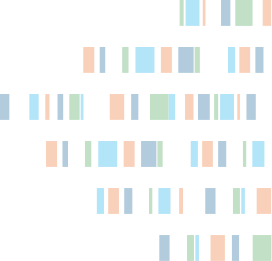Cell-free expression systems have drawn increasing attention as a tool to achieve complex biological functions outside of the cell. Several applications of the technology involve the delivery of functionality to challenging environments, such as fieldforward diagnostics or point-of-need manufacturing of pharmaceuticals. To achieve these goals, cell-free reaction components are preserved using encapsulation or lyophilization methods, both of which often involve an embedding of components in porous matrices like paper or hydrogels. Previous work has shown a range of impacts of porous materials on cell-free expression reactions. Here, we explored a panel of 32 paperlike materials and 5 hydrogel materials for the impact on reaction performance. The screen included a tolerance to lyophilization for reaction systems based on both cell lysates and purified expression components. For paperlike materials, we found that (1) materials based on synthetic polymers were mostly incompatible with cell-free expression, (2) lysate-based reactions were largely insensitive to the matrix for cellulosic and microfiber materials, and (3) purified systems had an improved performance when lyophilized in cellulosic but not microfiber matrices. The impact of hydrogel materials ranged from completely inhibitory to a slight enhancement. The exploration of modulating the rehydration volume of lyophilized reactions yielded reaction speed increases using an enzymatic colorimetric reporter of up to twofold with an optimal ratio of 2:1 lyophilized reaction to rehydration volume for the lysate system and 1.5:1 for the purified system. The effect was independent of the matrices assessed. Testing with a fluorescent nonenzymatic reporter and no matrix showed similar improvements in both yields and reaction speeds for the lysate system and yields but not reaction speeds for the purified system. We finally used these observations to show an improved performance of two sensors that span reaction types, matrix, and reporters. In total, these results should enhance efforts to develop field-forward applications of cell-free expression systems.

Home » Impact of Porous Matrices and Concentration by Lyophilization on Cell-Free Expression
Publications
Impact of Porous Matrices and Concentration by Lyophilization on Cell-Free Expression
Daicel Arbor Biosciences
5840 Interface Dr. Suite 101,
Ann Arbor, MI 48103
1.734.998.0751Ann Arbor, MI 48103
©2026 Biodiscovery LLC
(d/b/a Daicel Arbor Biosciences)
All Rights Reserved.
(d/b/a Daicel Arbor Biosciences)
All Rights Reserved.

 Bluesky
Bluesky